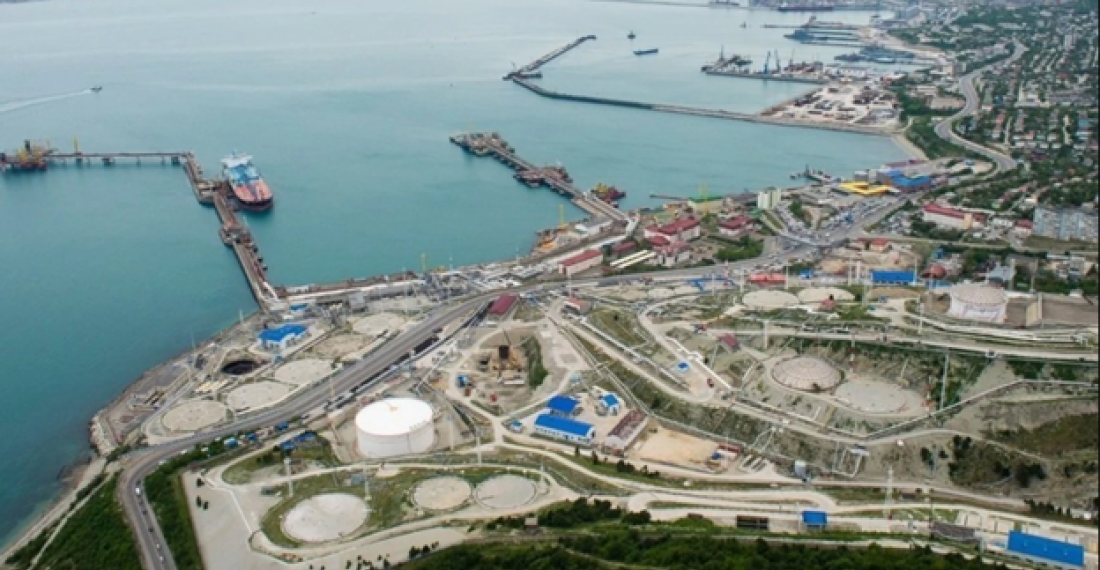Shipping agents have suspended all oil exports from the Caspian Pipeline Consortium (CPC) line due to reported sea storms, putting further pressure on Kazakh oil exports at a time when global oil prices are spiking.
On 22 March, the CPC stated that sea storms damaged one of the three loading facilities at the Russian Black Sea port of Novorossiisk. In an unusual announcement, Pavel Sorokin, Russian deputy energy minister, said that a second loading facility was also impaired. Russia does not normally comment on the CPC pipeline, which is run by an international consortium. The next day, 23 March, agents called off all loadings citing the storm damage as a reason.
The CPC plays an important role in the global oil trade, 1.2% of all oil exports globally goes through the pipeline. Energy giants Chevron, Exxon Mobil, Shell, and Total use the line to export their production in Kazakhstan's vast oil fields. At the moment the oil market is under severe pressure and the suspension of the pipeline will add further strain.
While U.S sanctions have forbidden the use of Russian oil, they have said that oil exports from Kazakhstan, which passes through Russia, should remain uninterrupted. Nevertheless, the closing of the Caspian line will add further stress on Kazakhstan’s economy, which has already been facing major economic difficulties since the Russia-Ukraine crisis began last month. An executive from an international firm said anonymously that “Eventually the threat is that CPC will force the shut-in of fields in Kazakhstan." The Kazakh government has not yet commented.
The extent of the damage to the pipeline is, however, unclear. One official claimed that there is only limited damage to the pipeline, while another stated that the damage is extensive. Analysts say Russia, who has declared that it will resort to any means necessary to exert leverage on "enemy" countries, may be using the storms to its advantage. Paul Donovan from UBS said, “There may well be storm damage, but it is politically well-timed storm damage."
One energy official in Kazakhstan suggested that the country will look to work with Russia to create alternative routes for their oil if the pipeline remains suspended. Earlier this week, Russian Deputy Prime Minister Alexander Novak said Moscow and Nur-Sultan have agreed to establish a working group to increase oil transit to China to make up for the shortfall in exports to Europe.






